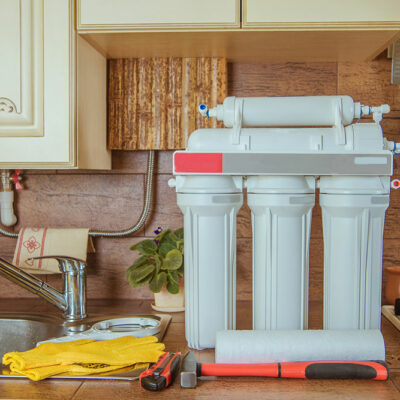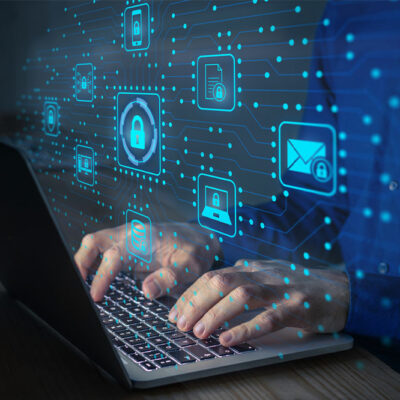Home & Needs
6 Best Times of the Day to Drink Water
Research suggests that around 60% of the adult male body and 55% of the adult female body is made up of water. These figures indicate that water is an inextricable part of our internal system. As a result, experts recommend that men and women drink around 3.7 and 2.7 liters of fluids every day. However, drinking water during specific times of the day can facilitate much better immunity and overall well-being. Immediately after waking up The best time to drink water is immediately after getting out of bed in the morning. Research suggests that the body typically gets dehydrated after several hours of zero water intake. Thus, two cups of water first thing in the morning can help restore the body’s equilibrium. While other beverages like tea, coffee, and juice can also help with hydration, these are not substitutes for water and should be considered only after the preliminary water intake. Before and after meals Drinking a glass of water about half an hour before a meal can help break down food better and, therefore, aid digestion. It can also regulate hunger, preventing overeating. Similarly, drinking water after meals can help absorb nutrients from food better and soften the stools, preventing constipation and providing a much-needed boost for digestion.
Read More 









